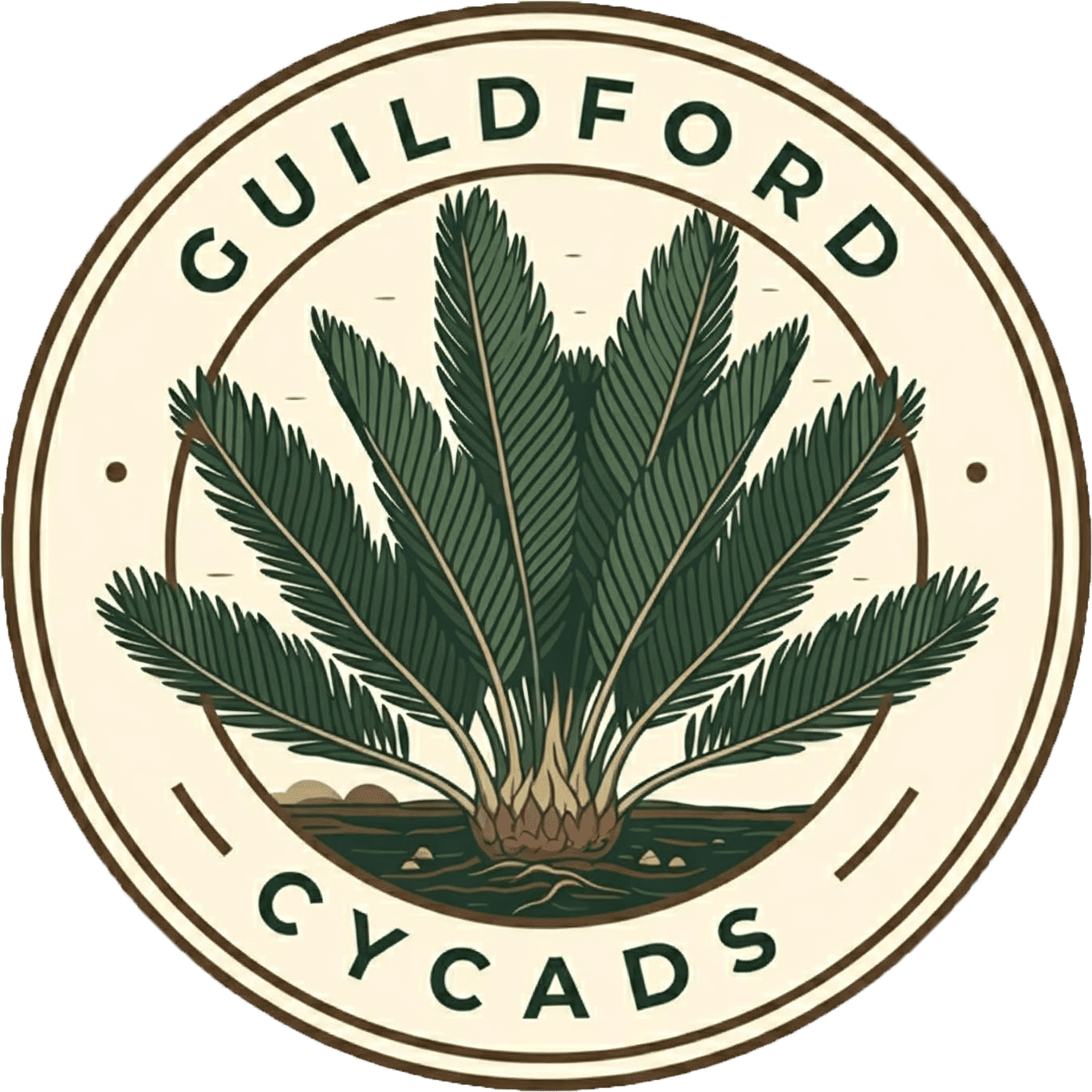
The Regeneration International Academy, in collaboration with South Seas University, has conducted its fourth online certificate course in regenerative agriculture, agroecology, and organic farming. Integrating the three major global nature-based agricultural movements—agroecology, regenerative agriculture, and organic farming—is essential as complementary systems.
This semester, 20 students from each continent—Africa, Asia, Europe, North America, Central America, South America, Australasia, and the Pacific—will receive certificates. Importantly, these certificates are from an accredited degree-granting university.
Most people know me as a long-time organic farmer and the international director of Regeneration International. I possess decades of teaching experience, a degree in communication, and a post-graduate degree in adult education. I have taught and lectured at higher education institutions across most continents, developing and conducting various courses. These include training programs for farmers, some delivered in institutions and others held on farms during farmers’ shed meetings.
I have had the opportunity to use the title of adjunct (part-time) professor for decades; however, I have only chosen to do so now. The current course I developed in partnership with South Seas University is the most important of all the courses I have developed and taught. I revise and improve this course after every semester.
From experience, I have learned that developing innovative courses in most long-established tertiary institutions is very hard. They like conformity to traditional norms and do not like taking risks. The academic mainstream largely ignores and denigrates our agricultural systems. As an organic farmer, teaching in standard agronomy courses offered by most institutions meant being ostracized and marginalized by the academic staff and management for criticizing the mainstream paradigms of toxic pesticides and synthetic fertilizers.
South Seas University (SSU) has a history of innovation, so I jumped at the opportunity to develop courses.
SSU was established with the aim of providing quality education at an affordable price, utilizing innovative technology and collaborating with the world’s leading academic institutions. The institution emerged following the political upheaval in the Dominican Republic during 1997-1998, which led to the closure of numerous universities and medical schools. Aspiring medical professionals found themselves vulnerable to unscrupulous individuals who took advantage of their desperation.
Sir Tom Davis and Dr. Reza Chowdhury worked tirelessly to raise significant funds to establish SSU, aimed at addressing the gap left by the loss of these universities and medical schools, and to provide affordable degrees for students from low-income communities around the world. By 1999, SSU was registered with the Government of the Cook Islands as a degree-granting university. The James Cook School of Medicine (JCSM) was recognized as the SSU Faculty of Medicine. It was included in the WHO World Directory of Medical Schools and other licensing authorities. The first group of displaced students from the Dominican Republic made up the inaugural class at JCSM. This achievement provided SSU’s JCSM graduates with eligibility for U.S. board exam registration, affirming the quality and credibility of their education.
SSU’s management recruited distinguished faculty from the Dominican Republic, Mexico, India, Australia, and the United States. SSU established partnerships with clinical sites across the US, UK, Dominican Republic, India, and Mexico. The institution also launched IT programs to address local demand and collaborated with a school in India to develop a nursing program. In the region, SSU was regarded as an innovative role model in helping students obtain degrees in Medicine, Nursing, and IT. This international collaboration encouraged a diverse student body, enriching the educational experience and broadening perspectives.
Running and financing a small university in a developing country brought numerous challenges, particularly the costs associated with securing the necessary registrations and recognitions from relevant authorities before students could enroll. The expensive and limited housing in the Cook Islands, along with the high cost of communication and political changes, necessitated various adjustments and reorganizations of teaching methods as SSU established its foundation.
The advances in online technology saw SSU increase its reach and affordability for students, reducing the need for travel and accommodation costs. This means that we can offer the certificate course at far lower fee costs than most universities. We also offer a range of scholarships to ensure that everyone can participate and no one is excluded because they cannot afford it.
From my perspective as a long-term organic farmer and educator, providing high-quality, accessible, and affordable education is the key to scaling up our nature-based regenerative systems. This is essential to break degenerative industrial agriculture’s near monopoly control on education. SSU gives us a critically important opportunity to do this.
The post The Fourth Regeneration International Certificate Course in Partnership with The South Seas University appeared first on Regeneration International.
